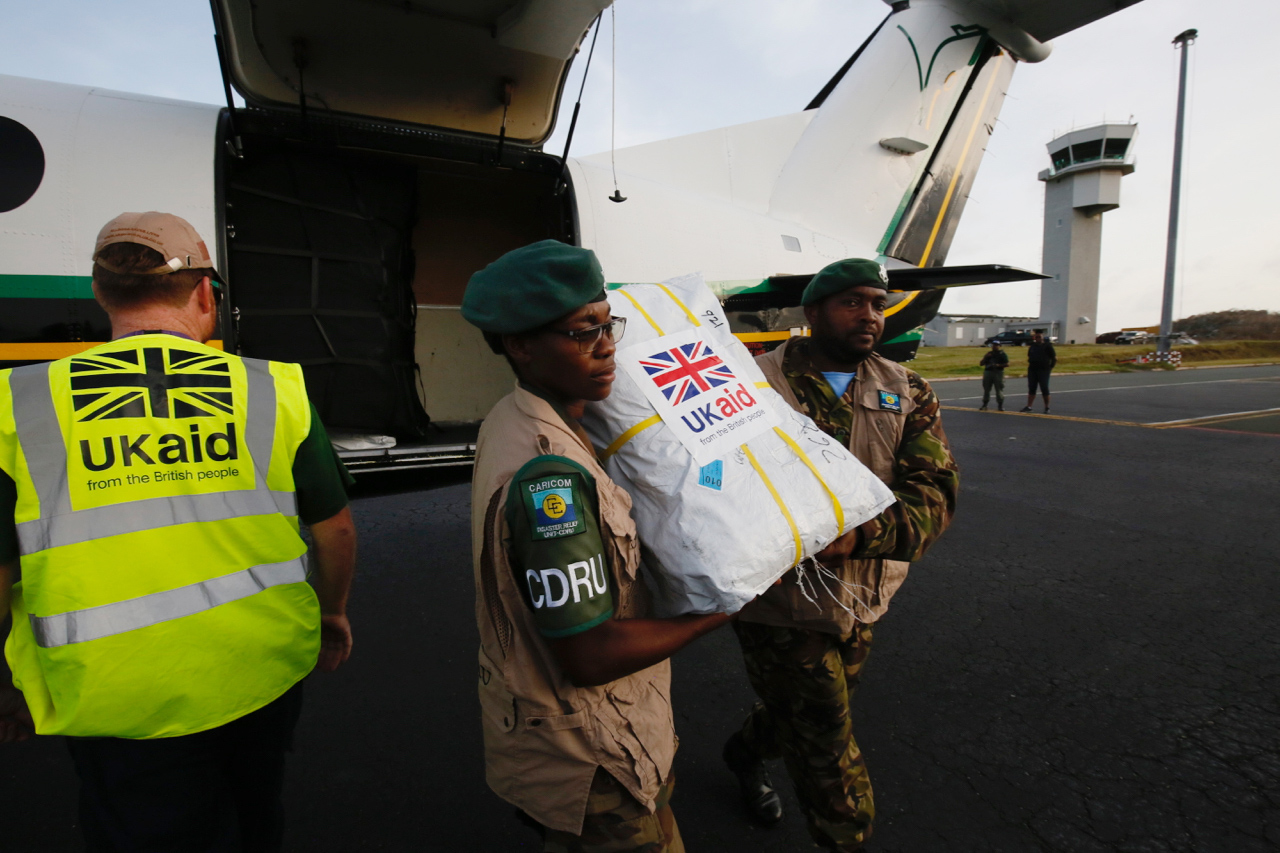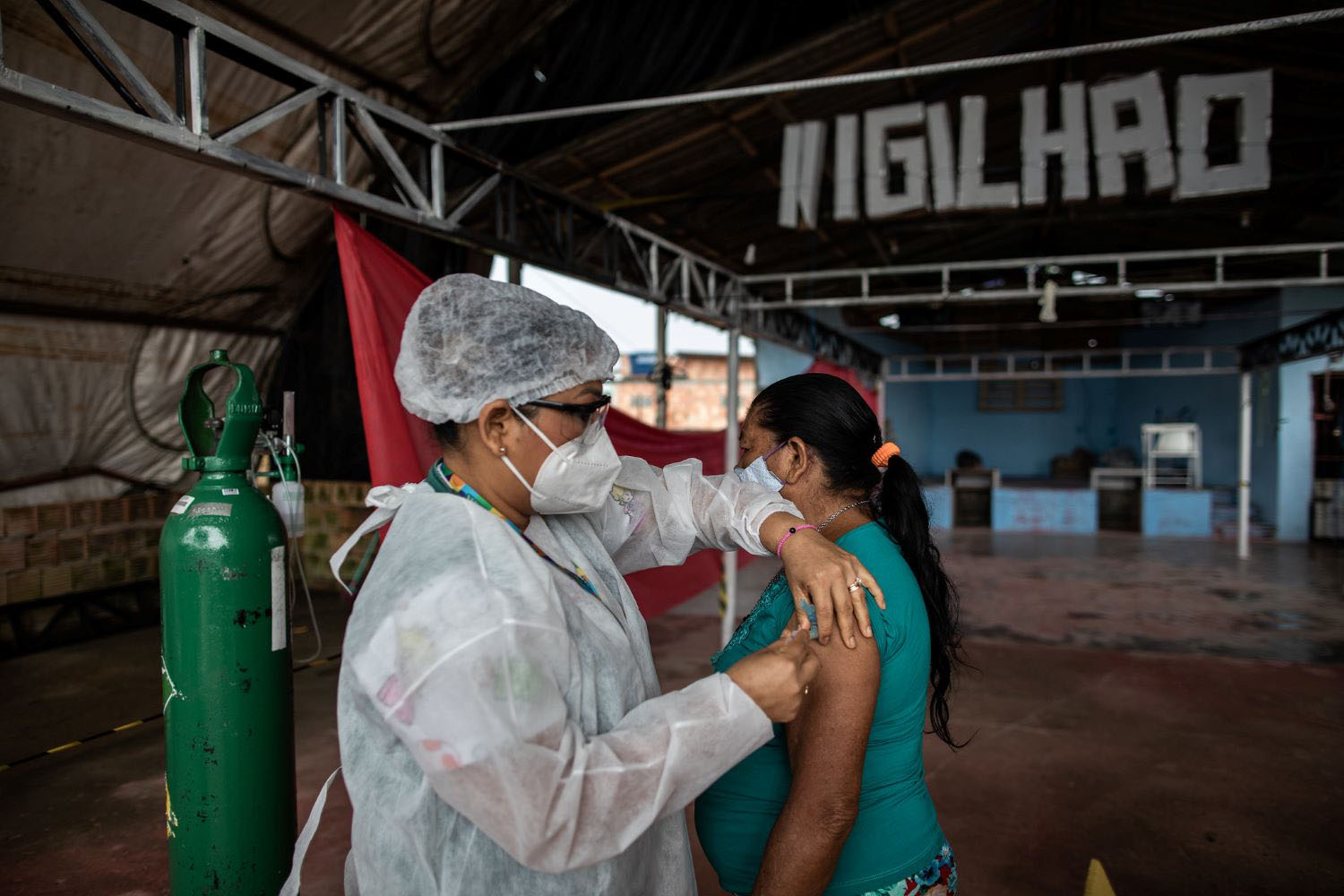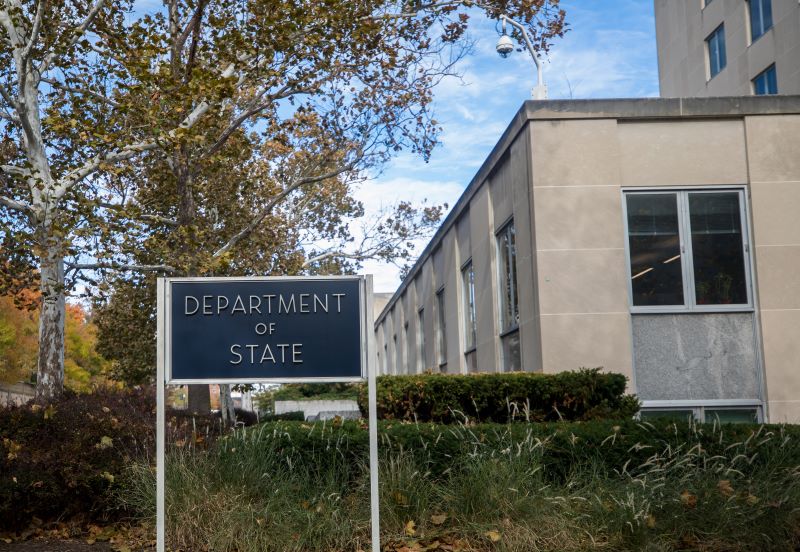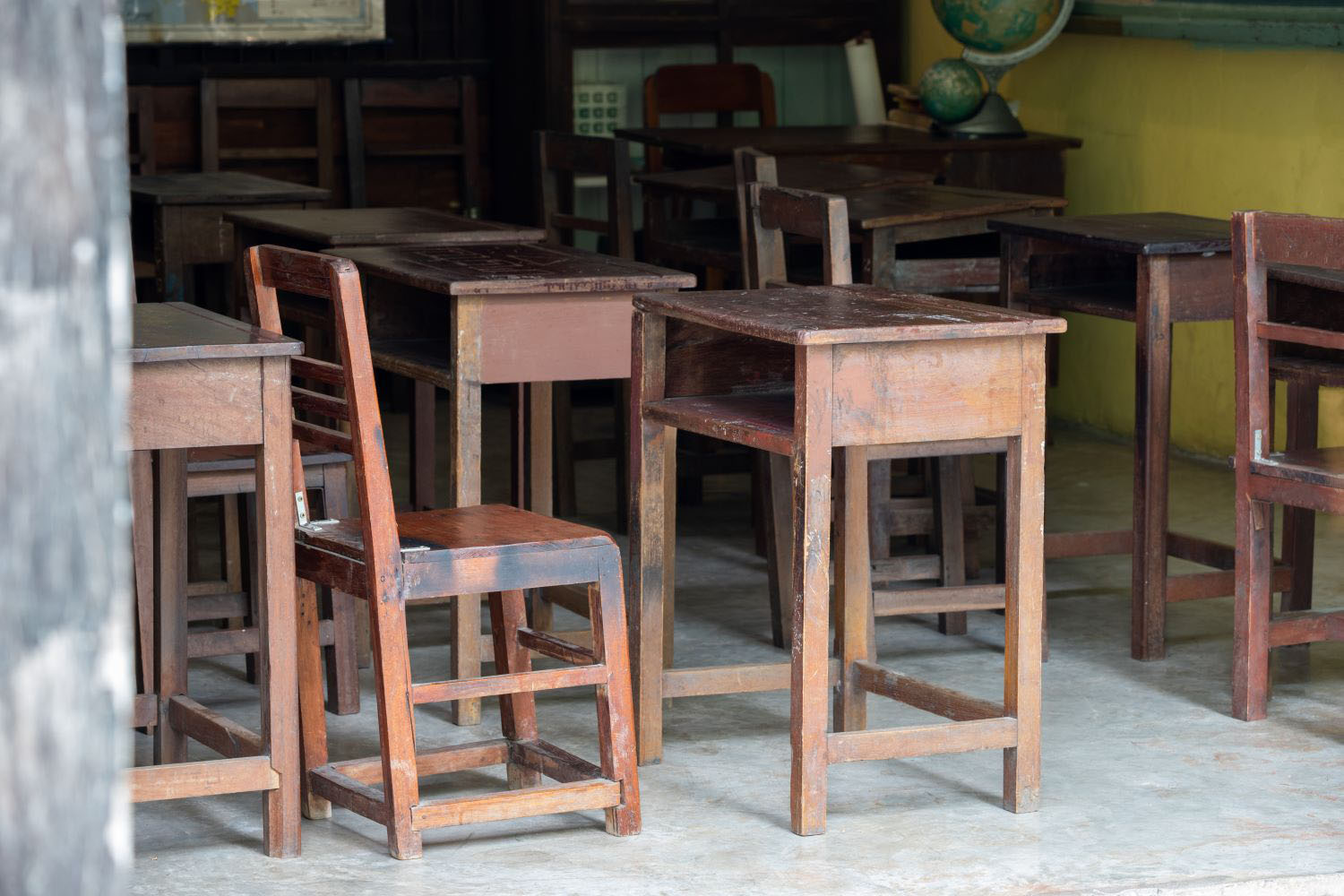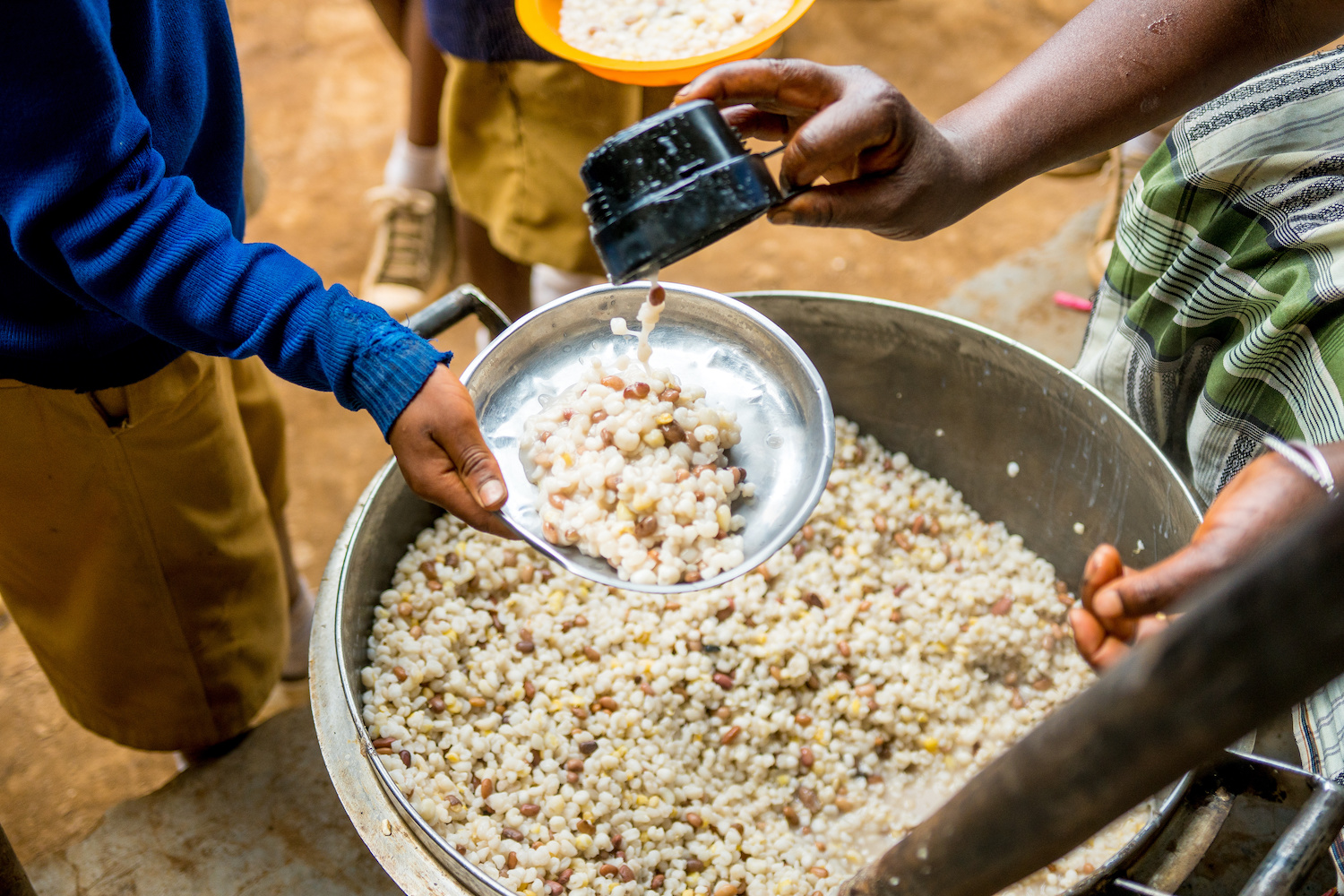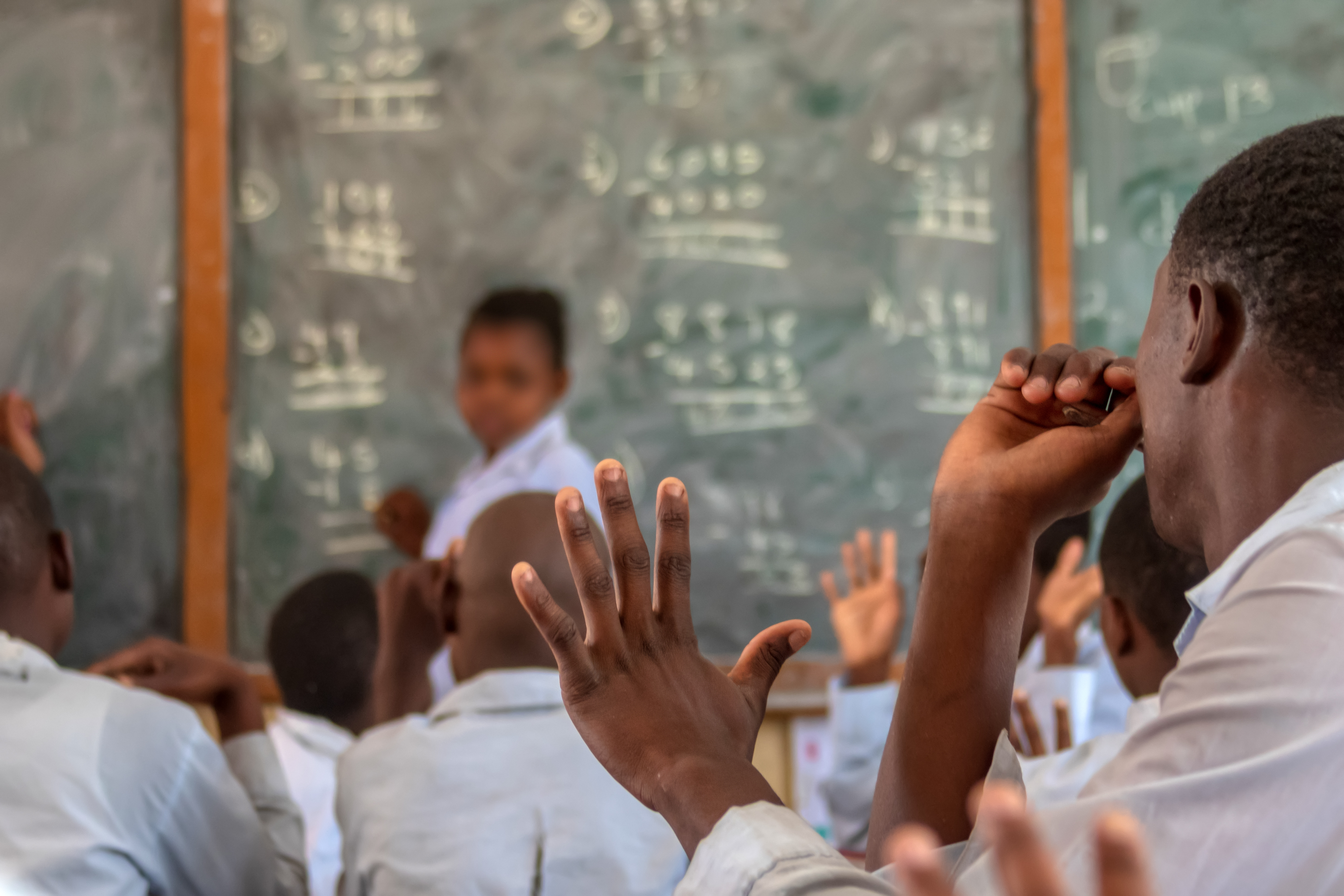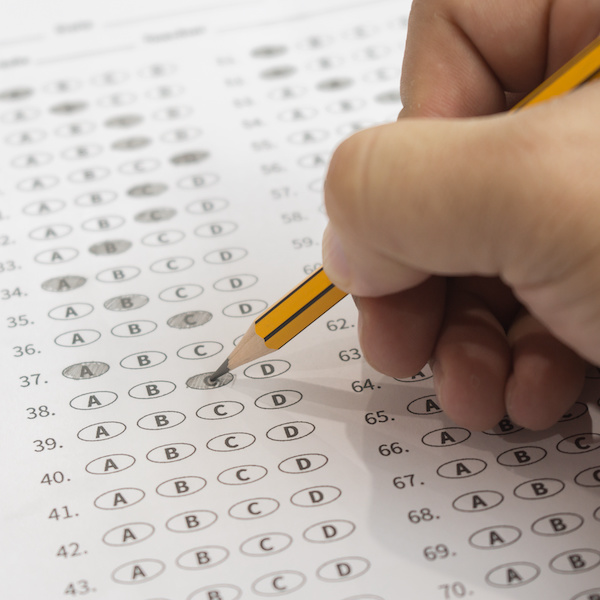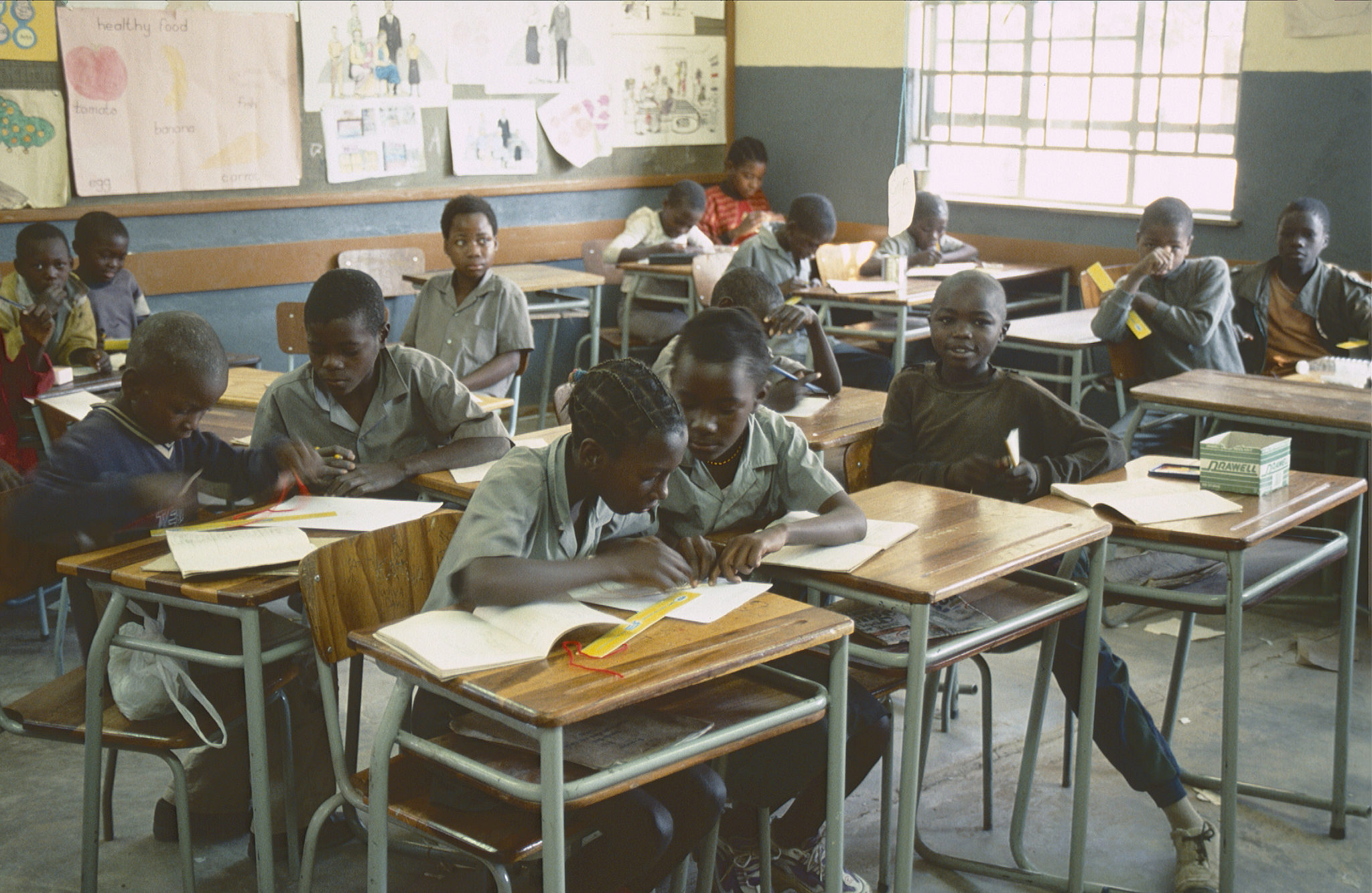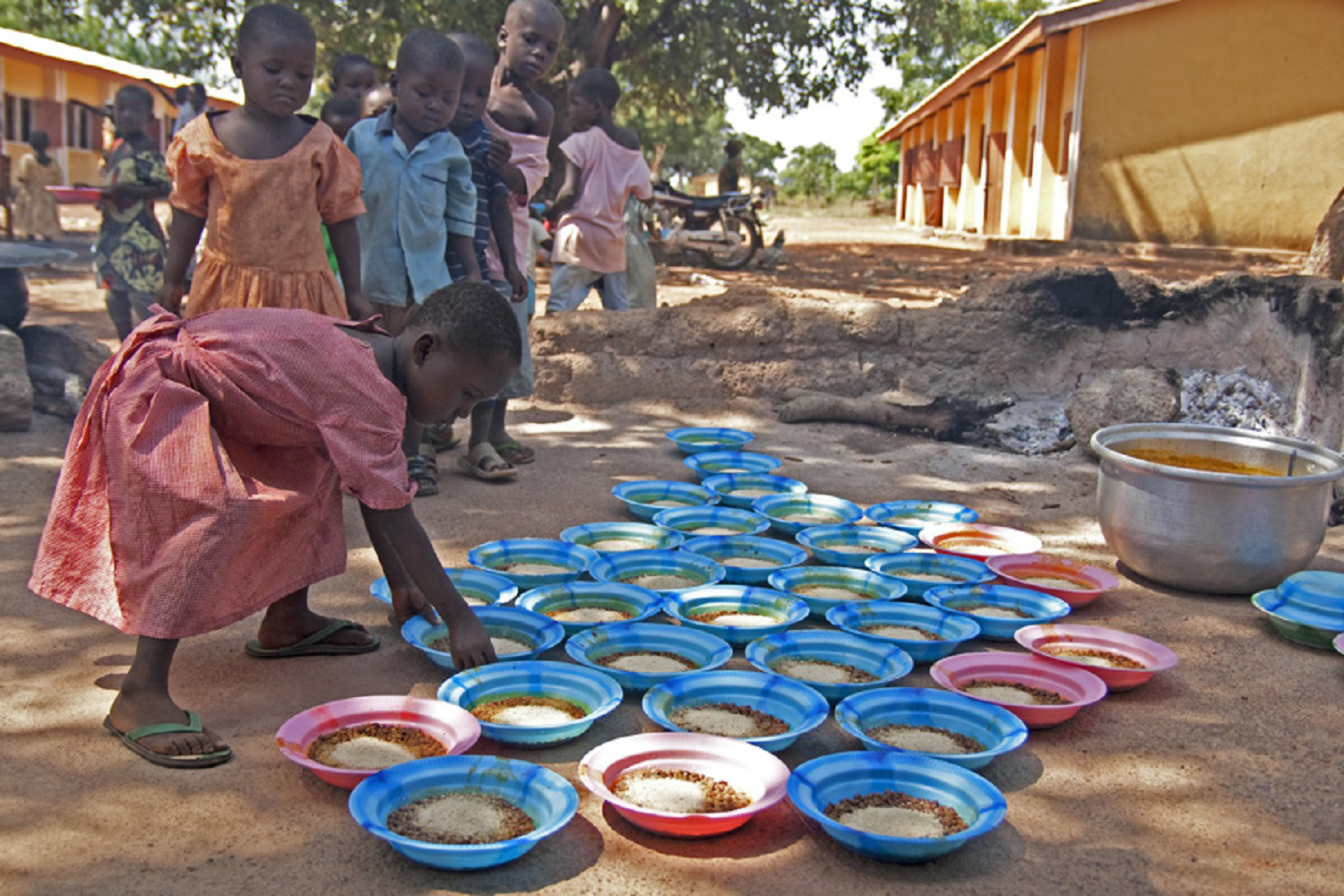Subscribe
Subscribe today to receive CGD’s latest newsletters and topic updates.
All Commentary
Filters:
Topics
Facet Toggle
Content Type
Facet Toggle
Blog Type
Facet Toggle
Time Frame
Facet Toggle
Blog Post
March 21, 2024
As many developing countries approach universal enrollment in primary school, the World Bank has emerged as one of the most prominent advocates for a pivot “from schooling access to learning outcomes” in recent decades. The most recent education strategy of the Bank, adopted in 2011, emphasizes the ...
Blog Post
February 16, 2024
As African heads of state and government meet for the 37th African Union Summit to discuss “educating and skilling an Africa fit for the 21st century,” they face stark choices forced by a stormy economic environment juxtaposed with urgent educational needs. Although the current climate might require...
Blog Post
August 15, 2023
Everyone agrees that Ghana's school feeding programme is an important and useful social programme…but insufficient and poor quality food is compromising its impacts; government financing remains a challenge; and it lacks lacks broader support and accountability mechanisms. The programme has huge pot...
Blog Post
June 13, 2023
School feeding is one of those social policy interventions that are hard to pigeonhole in traditional sectors. The benefits span various facets of the beneficiaries’ lives and the local economy. So who should bear the responsibility and cost of provision of school meals? Despite strong political and...


